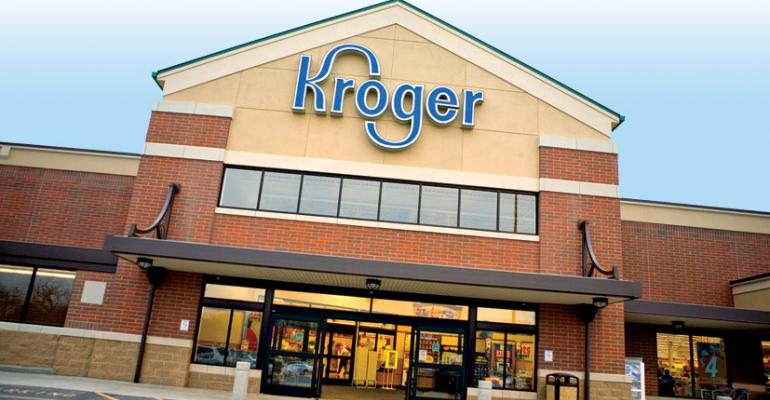
Amy Regal, Director
GRS | Title
(216) 571-7013
[email protected]
Retail real estate’s grocery sector is far from boring nowadays. Between Amazon’s purchase of Whole Foods, Costco’s same-day online delivery, and Walmart having plans to increase its online presence with the reported purchase of meal-kit outfit Blue Apron, there has been a lot to discuss in this once relatively calm area of retail.
Now Kroger, the country’s largest “traditional” grocer has been active. The retailer is selling its convenience-store arm to U.K.-based EG Group for nearly $2.2 billion. The transaction would include about 800 stores under the Kwik Shop, Loaf ‘N Jug, Tom Thumb and Turkey Hill banners. Revenues were reportedly $4 billion in 2016 for the chains.
Reportedly, Kroger is making the move to focus primarily on its grocery business. That would give it a lot of capital to focus on its 2,800 units across the country, which the company wants to ramp up to compete with the likes of Walmart and Aldi, which continue to take up Kroger’s market share. Company officials said that they will specifically focus on Restock Kroger, which is a program dedicated to prepped meals, tech upgrades, and private-label brands.
Kroger had a relatively strong most recent financial quarter, with same-store sales increasing three percent year over year, and net earnings rose as well.
Zeroing in on the grocery business makes sense, given that it’s the company’s main revenue driver. But now Kroger is in a place where it could see itself competing with its former convenience stores.
Though this sector of retail is fragmented, the convenience-store space continues to grow, with nearly 155,000 locations across the country as of December, up 0.3 percent from the end of 2016. Part of the growth has to do with increased offerings in food options, which is directly in competition with traditional grocery stores, which are also getting hit hard by discounters and dollar stores that now offer more food. Convenience stores, in particular, are offering more fresh food options, as a whole.
But with all of the competition in the supermarket space, it makes sense that Kroger wants to focus on its core business. Who knows what the future will bring with Amazon’s growth appetite into brick-and-mortar stores? Though there were rumors that private equity was planning on buying Kroger, which management denied about a year ago, there is no telling how far acquisitions can go in the lively supermarket space, with everyone from Walmart, to Target to regional and specialty chains enhancing their operations and expanding.

